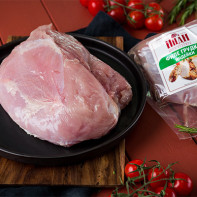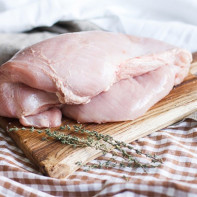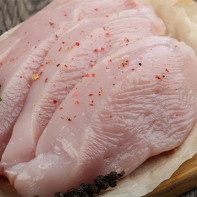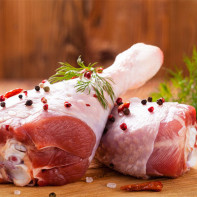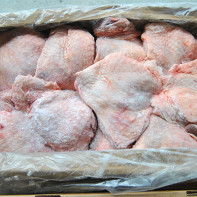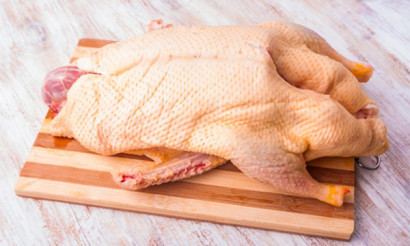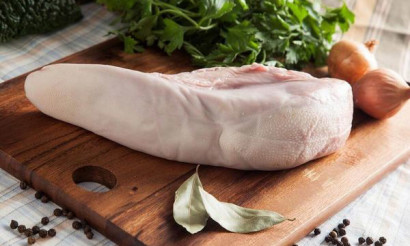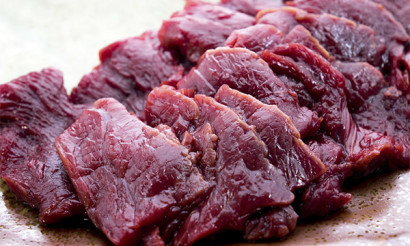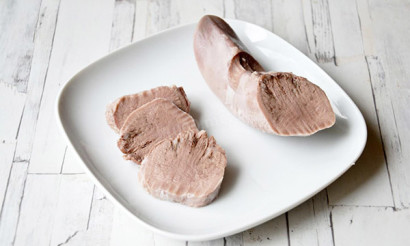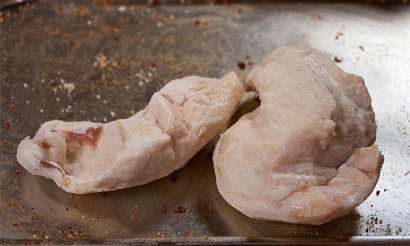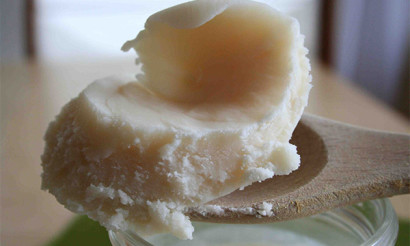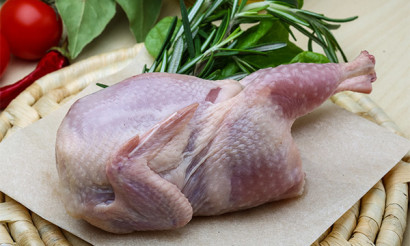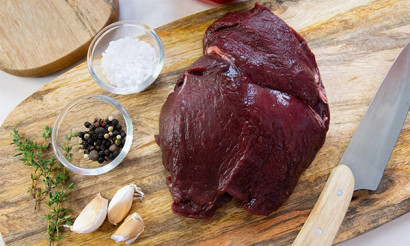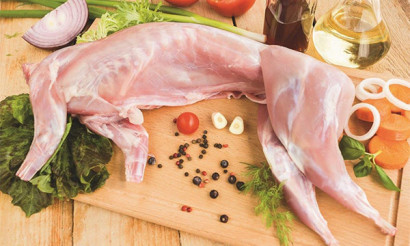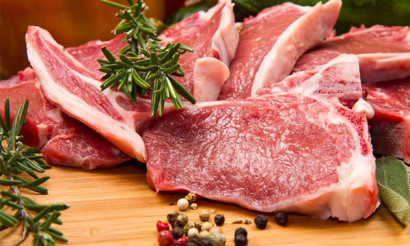Turkey meat: useful properties and recipes for cooking
Turkey meat is famous for its health benefits: it is recommended for allergies and low-calorie diets. Due to the fact that the meat contains almost no fat, but it is rich in protein, it is quickly digested and easy to digest. Compared to pork or beef, turkey has excellent taste and dietary properties.
- What is the difference between turkey and chicken
- Composition and calories
- What is useful for turkey meat
- General benefits
- For women
- For Men
- In Pregnancy
- For breastfeeding
- For children
- The benefits and harms of turkey broth
- How useful is turkey fat
- What is healthier: chicken or turkey
- Benefits of turkey for weight loss
- Turkey in medicine
- Diabetes
- For pancreatitis
- For gastritis
- With gout
- Health Hazards and Contraindications
- How to Choose and Store a Turkey
- How to cook turkey meat: Recipes
- Stewed turkey
- Turkey cutlets
- Interesting facts about turkey
Turkey meat contains important micronutrients, such as potassium and phosphorus. In addition, it is also a valuable source of magnesium, which supports cell oxygenation zinc, which supports the immune system and regulates the sense of taste, and iron. Turkey meat contains significant amounts of B vitamins, which are essential for supporting the nervous system. Turkey meat is an important source of vitamin B12, which affects the creation of red blood cells.
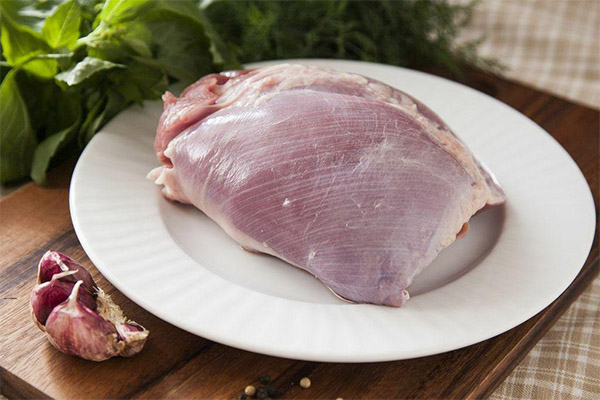
Nutritionists recommend turkey meat for young children, pregnant and lactating women, the elderly and anyone who wants to lead a healthy lifestyle.
How turkey differs from chicken
Both chicken and turkey are quite popular around the world. Classified as poultry products, they share several similarities, but they also have distinctive characteristics. Both species are nutritious and rich in protein, it is a very tasty and healthy meat, so today there are many different dishes based on them. Bird meat can be baked, grilled, make mixed salads, soups, stews, casseroles and even sandwiches. Both types of meat are low in calories and fat compared to beef, so they are recommended for people who care about their health, as well as those who want to build muscle mass.
The hen (Latin: Gallus domesticus) is also known as the "house bird. According to some reports, this bird is native to the Indian subcontinent, but research is still ongoing because the exact origin has not been established.
The turkey (Latin for Meleagris gallopavo) is a large domesticated game bird with a bald head and rather mottled plumage. This type of bird is very popular and considered traditional at celebrations in various countries. The bird is especially popular in North America, where it originated.
Although some people confuse turkey and chicken, you should know that turkeys and chickens are two completely different species that come from different parts of the world and have distinct differences in size, appearance, meat flavor and caloric content. The main difference between turkeys and chickens is in their appearance.
- Turkeys are birds with dark plumage, while a chicken can have completely different colors.
- The turkey is large and has long tail feathers. A chicken is a small bird that has a scallop on its head.
- Chickens have white eggs and light colored meat. Turkey eggs are brown and the meat is darker than chicken eggs.
- Turkey meat is low in calories and fat, while chicken meat is higher in calories and fat.
Composition and calories
Composition of one serving of turkey breast:
- Fats - 2 g.
- Carbohydrates - 1 g.
- Cholesterol - 1 gr.
- Protein - 24 g.
- Selenium - 24 mg.
- Phosphorus - 196 mg.
- Vitamin B6 - 7 g.
- Vitamin C - 4 g.
- Riboflavin - 7 gr.
- Niacin - 7 g.
- Potassium - 3 g.
- Thiamine - 6 gr.
- Zinc - 5 gr.
- Tryptophan - 3 mg.
There is little fat in turkey meat. It is less caloric than chicken (140 kcal per 100 g). The meat is rich in protein as well as minerals: phosphorus, iron, zinc, selenium, vitamins B3, B5, B6 and in smaller amounts copper and vitamins B2, B12.
What is the usefulness of turkey meat
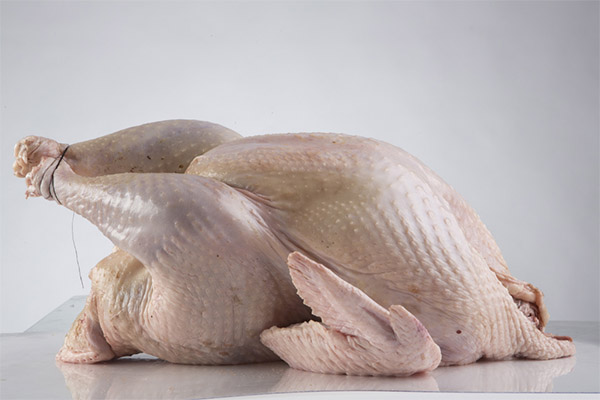
General benefits
- Supports the immune system. Turkey meat is rich in potassium, selenium and protein. These nutrients can have a significant effect on the immune system, which leads to its strengthening. For example, selenium helps ensure that the body can fight off dangerous viruses and bacterial infections more effectively.
- It speeds up the metabolism. Nutritionists recommend consuming foods that boost the metabolism. It is important to keep the body active and energized. Moreover, people with an accelerated metabolism are less likely to accumulate fat. Compounds such as potassium, niacin, zinc, thiamine found in turkey meat affect metabolic rate.
- Beneficial effects on hormones. Various factors can affect a person's mental state, causing depression, stress and anxiety. One such factor is hormone production. The tryptophan in turkey is responsible for the production of the hormone serotonin, also called the pleasure and happiness hormone. Nutritionists say that serotonin deficiency can lead to stress or severe depression. Therefore, it is necessary to consume turkey on a regular basis, as it directly affects the mood and overall psychological state of the body.
- Increases testosterone. Organic turkey protein will help maintain optimal testosterone levels in men. The hormones in turkey can increase estrogen and testosterone production.
- Will prevent insomnia. The amino acid tryptophan plays a vital role in sleep-related processes and is recommended for people with chronic insomnia. Turkey meat contains tryptophan.
- Cancer Prevention. Tryptophan is an amino acid that is essential for immune system T-cells that kill cancer cells.
- Helps control weight. People who are obese or overweight are recommended to include this type of meat in their diet to maintain body weight. Turkey meat is an excellent source of nutrients (riboflavin, thiamin, phosphorus, protein, potassium, vitamins B and C). Plus, poultry is virtually fat-free. A serving of grilled meat will have about 23 calories, so turkey is great for those who want to lose weight but cannot imagine their diet without meat.
- Beneficial effects on the heart. Poultry meat does not contain saturated fatty acids that contribute to physiological disorders that can lead to heart disease. Meat contains monounsaturated fatty acids, which are known to reduce platelet aggregation. Turkey meat also contains a lot of selenium, which has a nutritional advantage because this mineral stands to protect the body from oxidative stress, which contributes to heart muscle related diseases.
- Protein Source. Containing quality protein, turkey is a natural source of substances that help get rid of skin, hair, and nail problems. In addition, the nutrients in turkey meat are essential for carrying oxygen to all vital organs, and they also help rejuvenate damaged cells. Thus, turkey meat can bring many health benefits, the main thing is to remember to consume it in moderation.
- Bone Benefits. The human body needs phosphorus. This mineral is essential because it helps strengthen bone tissue. Phosphorus also helps the body produce protein, which allows it to process the fats and carbohydrates it receives. Phosphorus is found in roasted and cooked turkey. One serving is about 200 mg of phosphorus, which helps maintain bone health.
- Low cholesterol. High cholesterol provokes heart problems. Turkey meat is a low-calorie meat with almost no fat and little cholesterol.
- Diabetes benefits. Consumption of turkey meat alleviates the symptoms of diabetes. This is because there is almost no fat and cholesterol in the meat. Thus, people with diabetes can eat turkey meat without fear for their health.
- Cures anemia. People with anemia are advised to consume foods enriched with nutrients such as iron. Consuming turkey can help, as turkey meat contains a lot of this element.
- It contains phosphorus. Turkey is an excellent source of phosphorus. It is the second most abundant mineral in the body. It performs one of the main functions in maintaining bone health, repairing bone tissue, and maintaining blood pH.
- It contains iron. Poultry meat is rich in iron. This mineral helps transport oxygen and is also involved in the creation of red blood cells. It affects the production of hormones and neurotransmitters. Iron present in meat is better absorbed than iron found in plant foods.
- It contains zinc. Zinc affects genes, promotes wound healing and enhances the sense of taste. It normalizes the functioning of thyroid hormones and also promotes insulin synthesis.
- Contains selenium. Turkey contains selenium, a mineral that prevents free radicals. Selenium also promotes thyroid hormone conversion.
- It contains vitamin B3. Also called niacin, vitamin B3 affects metabolic reactions and promotes energy production. It has a direct effect on the formation of DNA.
- It contains pantothenic acid. Turkey meat is an excellent source of pantothenic acid. This acid refers to enzymes that allow the efficient use of energy that enters the body with food. It is also involved in the production of so-called steroid hormones, neurotransmitters and hemoglobin.
For women
Turkey meat contains vitamins A and E, phosphorus and sodium, which are simply necessary for women's health. There is almost no cholesterol in the meat, it is well digested and absorbed. Turkey meat surpasses veal and beef in the amount of sodium content. It helps replenish plasma in the blood and normalizes metabolism.
For men
The meat is rich in high-quality protein, so it is excellent as a diet for men who are engaged in sports or active activities. It is also worth noting that the large amount of zinc contained in turkey meat helps to strengthen the immune system, as well as a positive effect on potency.
During pregnancy
During pregnancy, a woman needs a high-calorie diet, and although turkey meat can hardly be called high-calorie, yet its consumption can benefit the future mother. Nevertheless, it is necessary to make sure that the meat is properly cooked. Uncooked product can harm a pregnant woman, as well as affect the development of the fetus.
Here are some health benefits of eating turkey during pregnancy:
- 100 grams of turkey contains about 32 grams of protein, which a woman needs during this period.
- The meat is rich in various amino acids, which are important for a pregnant woman's body.
- Meat also contains B vitamins such as B6 and B3.
When breastfeeding
Since turkey meat refers to hypoallergenic products, it is recommended for women during lactation. With the mother's milk the baby gets a lot of useful, nutrients, such as calcium, which is necessary for the formation of bone tissue, as well as trace elements, beneficial for brain development.
Turkey meat should be introduced into the diet gradually, starting with small portions. If the baby's body responds well to this product, the portion can be increased to 150 grams. If the child has problems with digestion, it is necessary to give up turkey meat for a while.
For children
Turkey meat is excellent as the first complementary food for a child. It is recommended to mashed potato the meat to make it easier for your baby's body to digest the product. The meat can also be diluted with broth or milk. Half a teaspoon will be enough for the first time. Since the meat of this bird is hypoallergenic, it will not cause health problems.
It is not recommended to include this type of meat in children's diet if the child has kidney problems. Older children can consume turkey meat on a regular basis, as it contains a large number of nutrients necessary for children's bodies. For example, omega-3 and omega-6 fatty acids contribute to the proper development of young children because they affect brain function. Turkey also contains easily digestible protein, which facilitates digestion.
Benefits and harms of turkey broth
Useful properties of turkey broth
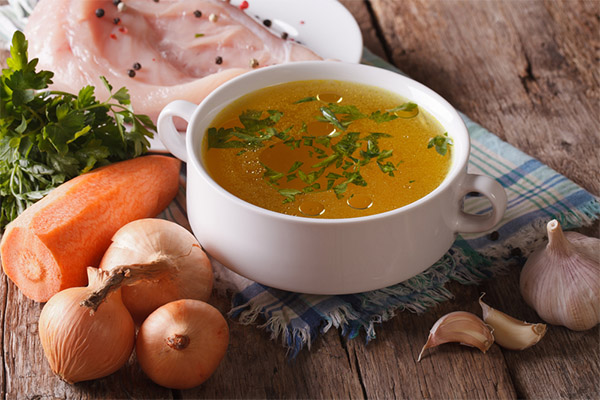
- Reduces joint pain. Broth contains chondroitin sulfates, glucosamine and other compounds that help reduce joint pain and inflammation.
- Hair and nail health. Turkey broth contains collagen, a type of protein that helps improve hair and nail growth.
- Weight Control. Consumption of such broth will give a feeling of satiety, effectively reduce appetite, thereby helping to lose weight.
- Reduces inflammation. Broth contains valuable amino acids such as glycine, proline and arginine, which help in fighting inflammation.
- Bone health. Broth is a good source of micronutrients that play a vital role in bone strength, formation and density.
- Reduces the risk of infections. Turkey broth provides a wide range of nutrients that strengthen the gut and protect the body from infections.
Harms
- Harmful chemicals. Industrially raised poultry are usually loaded with growth promoters, hormones, antibiotics and other chemicals that can harm humans. During cooking, a large number of chemical compounds get into the water, which can clog the intestines, kidneys and liver.
- Cholesterol-free turkey meat has a high animal protein content and for this reason can be dangerous for those with kidney disease or gout.
How turkey fat is good for you
Turkey fat contains acids that humans need for normal development. The main benefit of turkey fat is the content of a large number of vitamins, in particular there are vitamins E and D groups. It is also rich in selenium and choline.
A lot of studies have confirmed that turkey fat contains almost no cholesterol. Nutritionists say that it is almost harmless to the body in contrast to other types of animal fats.
Which is healthier: chicken or turkey
Experts believe that each of these types of meat has both advantages and certain disadvantages. Chicken meat is nutritious, you can eat it every day, it is an excellent source of protein and many other useful elements for the human body.
In turn, turkey fillet is characterized by an ideal balance of saturated fatty acids, respectively, is considered the best product for those who carefully monitor the figure. In addition, turkey meat can not cause allergies, so it is a safe product for babies. It is advised to introduce it into the diet of diabetics and hypertensive people, as the meat content of fat and harmful cholesterol is minimal.
Benefits of turkey for weight loss
Turkey meat is ideal for weight loss. Because of the small number of calories and fast digestibility, it is recommended for people who sit on a diet. In order for the food to be easily digestible, be sure to get rid of the skin, which contains most of the calories.
Turkey meat contains on average up to 100 calories per 100 grams of product (for comparison, roast chicken breast has 240 calories per 100 grams). Turkey meat due to its low calorie, low fat content and good digestibility is an essential element of many diets for weight loss. In addition to its nutritional value turkey meat is good for health. It contains many micronutrients that affect the functioning of the body. The meat contains magnesium, which has a beneficial effect on muscle mass.
Turkey in medicine
In terms of medicine, turkey is a very useful product, as it has a positive effect on blood composition, helps to normalize the number of red blood cells, as well as improves metabolism.
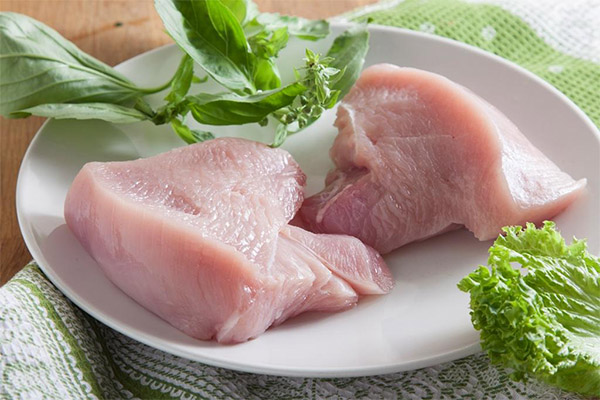
For Diabetes Mellitus
Turkey is an easily digestible meat that has a positive effect on the body. It is considered very useful for people with diabetes, because it contains vitamin B3, which protects the pancreas from destruction and helps to stabilize the central nervous system. Vitamin B2 helps the liver to cleanse the body of toxic substances that enter it with the drugs taken. It's also worth noting that the minerals found in turkey meat help balance energy metabolism and help boost the body's defenses.
Important: The glycemic index of cooked turkey meat is 0 units.
In pancreatitis
Turkey meat is necessary for people who suffer from pancreatitis, especially in the acute stage. In order to eliminate extractives, the meat should be cooked in small pieces (up to 100 grams) for an hour and a half. Allowed daily portion of meat in the acute phase - from 150 to 200 grams (boiled or steamed), in the remission phase - from 150 to 200 grams (stewed, boiled or baked).
With gastritis
With gastritis, only lean meat is allowed to eat, so turkey meat can be eaten. It should be baked or boiled. It is also allowed to grind meat into minced meat. During remission, turkey can be eaten as a whole, but strictly in small pieces.
With gout
Turkey meat contains purines, so it is necessary to limit its consumption or exclude it from the diet altogether. Chicken and duck are considered safer foods for this disease.
Harms and contraindications
Turkey has practically no contraindications. But it is worth knowing that people suffering from kidney disease and gout should not add turkey meat to their diet. And since turkey contains a large amount of sodium, hypertensive people should not salt the meat when cooking.
How to Choose and Store Turkey
When choosing a turkey, pay attention to make sure the skin is intact and has no bruises or blemishes. It is important that the meat does not look puffy. Its color should be even, when pressed it should return to its former shape. The fat should be light in color. There should not be any feathers or other elements.
It should be kept refrigerated. Freeze it in a plastic bag. Frozen turkey can be stored for 24 hours. Repeated freezing is not recommended.
How to cook turkey meat: Recipes
Stewed turkey
Ingredients:
- 450-500 g turkey fillets;
- 2 tablespoons vegetable oil;
- 35 g of butter;
- allspice;
- ground black pepper;
- onion;
- salt;
- dill;
- parsley.
How to cook:
- The onion should be chopped, the meat should be peeled, cut into small pieces.
- In a frying pan you need to put onion and meat together with butter, add pepper and salt.
- Fry the meat for a few minutes over medium heat until a slight crust develops. Add butter and allspice.
- After a few minutes, pour a glass of water into the pan.
- Reduce the heat and put the lid on. Cook for about 60 minutes, stirring occasionally. When serving, it is recommended to decorate the dish with greenery.
Turkey cutlets
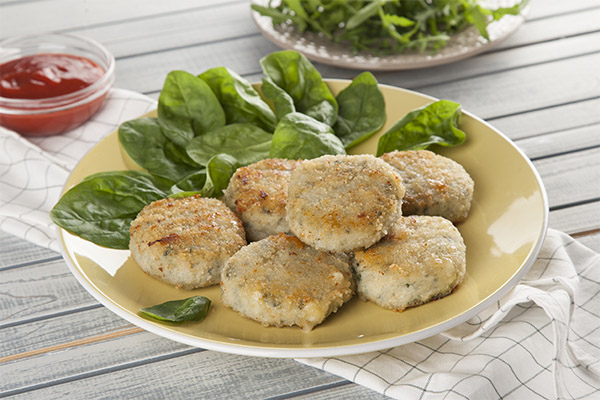
Ingredients:
- 700 g of turkey thigh fillet;
- 2 eggs;
- 2 tbsp. sour cream;
- 2-3 tbsp. flour;
- 1 head of onion;
- 4 cloves of garlic;
- dill, salt and pepper;
- vegetable oil.
How to cook:
- Fillet should be cut into small cubes, salt, pepper and add the eggs.
- Add sour cream, dice onion.
- Add the onion to the meat, squeeze the garlic, chop the dill.
- Add flour and mix thoroughly. Leave for 40 minutes at room temperature.
- Spoon the meatballs onto a hot griddle and fry on both sides.
Interesting facts about turkey
- The Aztecs were the first to domesticate the wild turkey, the Spaniards transported turkeys to Europe. Pilgrims from the Old World then brought some domestic turkeys back to North America.
- Turkeys can run at speeds of up to 46 kilometers per hour and fly at 80 kilometers per hour.
- The sex of a turkey can be determined by its droppings: males produce spiral-shaped droppings, while females have droppings shaped like the letter G.
- The female lays 10 to 12 eggs, one egg a day for a long period of about two weeks.
- Young turkeys tend to eat berries, seeds, and insects, while adults have a more varied diet, which may include acorns and even small reptiles.
- Today there are about 30 breeds of turkeys. The United States is the largest producer of turkey meat in the world, while Israel has the highest per capita consumption, followed by the United States, France and Italy. Surprisingly, Asian countries (the Middle East being the exception) consume almost no turkey meat.
«Important: All information on this site is provided for informational purposes only for informational purposes only. Check with your health care professional before using any of our recommendations. health care professional. Neither the editors nor the authors are liable for any possible harm caused by materials."

